Dentures Pantego
No Need to Live with Missing Teeth
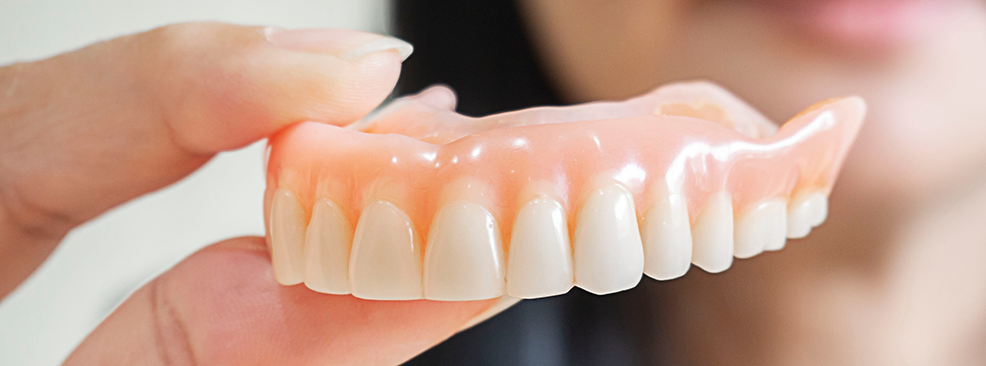
Whether it’s due to trauma or the ultimate result of poor oral health, missing teeth can have a huge impact on your life; eating is much more difficult, it can be hard to speak properly, and you become more reluctant to smile in public. To help patients overcome these inconveniences, Dr. Prachi D. Shah is happy to offer dentures in Pantego to replace multiple teeth. If you need restorative work and would like to recapture a full, complete smile, schedule a consultation with us today.
Why Choose South Arlington Dental Care for Dentures?
- High-Quality Materials Used to Create a Natural Smile
- Convenient Appointment Times for Dental Patients
- Your Dental Insurance is Welcome
What are Dentures?
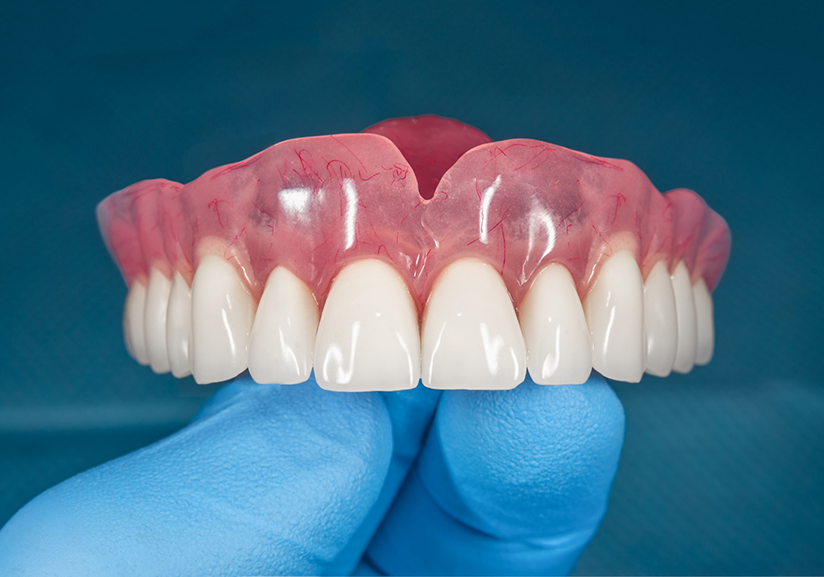
Dentures have been used for hundreds of years in one form or another as a replacement for missing teeth. They’re custom-made based on impressions of your mouth to create a comfortable fit. Full dentures are used when all of your teeth are missing, but if there are still some left, partial dentures that employ a metal framework are used instead.
Benefits of Dentures

Gaps in your mouth can affect your self-image, but dentures can fully restore your smile, giving you a boost in confidence. They also help support your facial structure, which can be negatively affected by missing teeth, so your face and jaw will retain a younger look.
Of course, dentures have practical benefits as well. They’ll restore your ability to chew, and while your dentist may set some diet restrictions, you’ll be able to enjoy most of your favorite foods again. Talking with dentures may feel funny at first, but after you get used to them, you’ll find that you’re able to speak normally again.
Implant Dentures
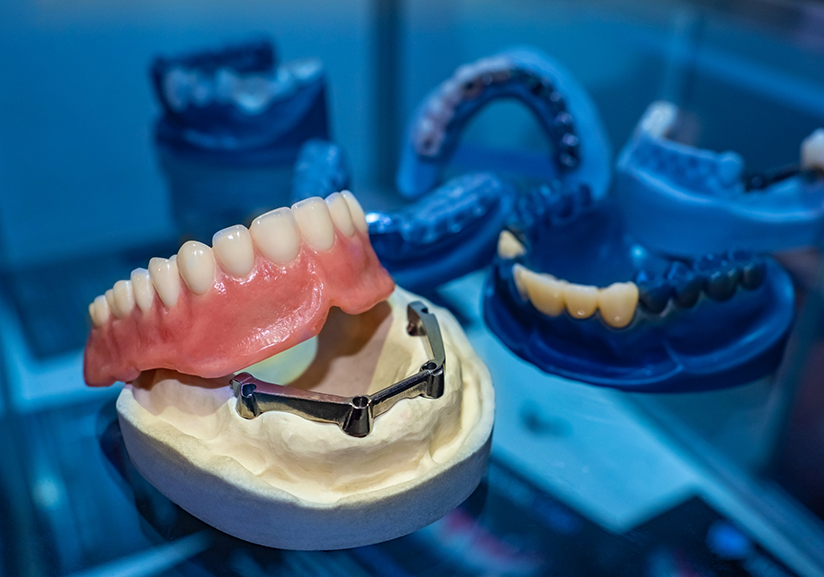
One limitation of traditional dentures is that they do not affect bone loss. The jawbone relies on stimulation from the teeth to stay healthy and strong, so when they’re gone, the unused portion of the bone starts to deteriorate. However, dental implants – metal posts surgically placed in the jaw and permanently joined through osseointegration – can mimic the stimulation of natural teeth, preventing negative changes to the jawbone.
Dentures can be retained by dental implants to reap the health benefits. Additionally, they’re more secure than traditional dentures and provide even better chewing power. If you’re interested in implant-retained dentures, talk to Dr. Shah; she can examine your overall oral health and determine whether you are a good candidate for the procedure.
Taking Care of Dentures
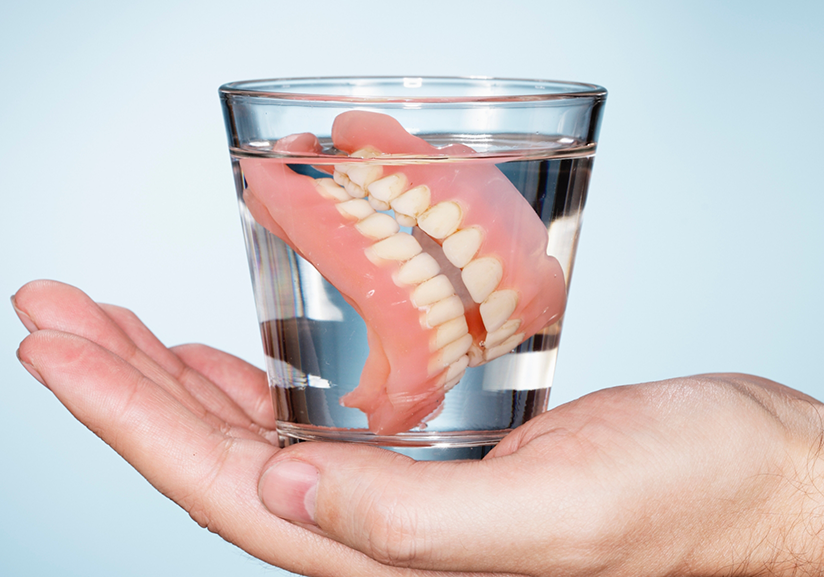
Normally, dentures last 5 to 8 years before they need to be replaced due to wear and tear or changes in your mouth. You can help make sure you get the most out of your false teeth by:
- Handling them with care; never drop them onto a hard surface.
- Rinsing them after every meal.
- Using a denture cleaner; hand soap or mild dishwashing liquid can also be used.
- Keeping them immersed in soaking solution or water when not in use.
Understanding the Cost of Dentures
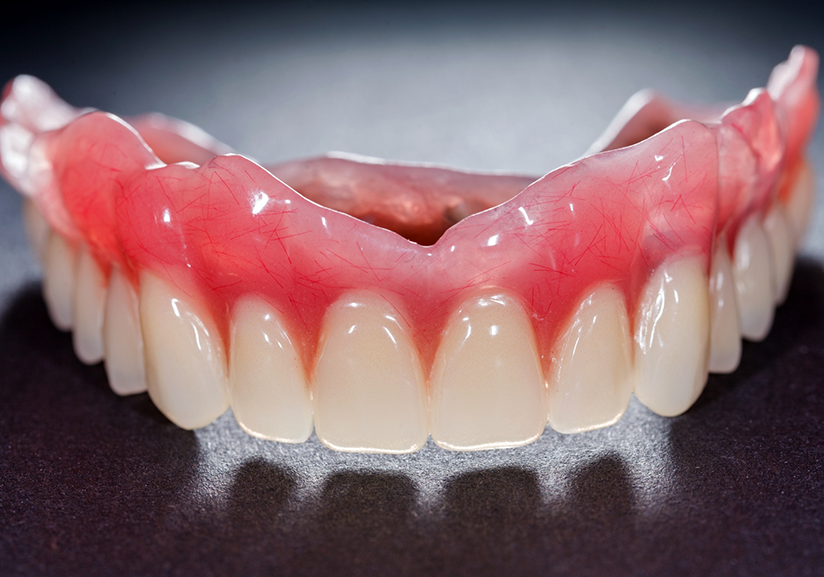
After learning about dentures, you’re probably more excited than ever to start rebuilding your smile. However, you may be wondering about the cost of dentures in Pantego before you decide to move forward with the process. During your consultation, our team at South Arlington Dental Care will conduct an oral examination and explain which factors will affect the final price. Following the appointment, you’ll have a better understanding of what you can expect to pay for your treatment.
Factors That Affect the Cost of Dentures
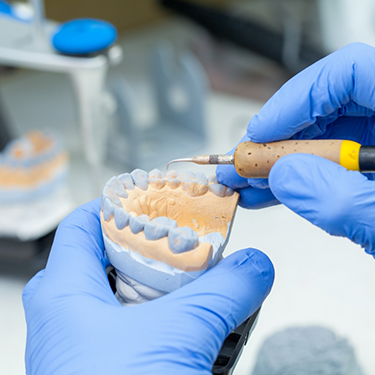
Multiple considerations can influence the price of dentures in Pantego, including:
- Any work needed beforehand, like tooth extractions or periodontal therapy
- The number of teeth you’re missing
- The type of acrylic used for the base (the part that is dyed to match the color of your gum tissue)
- The materials your denture will be made of (usually porcelain or acrylic)
Is cost a priority? If so, you may be tempted to opt for cheaper dentures. Even though the upfront cost is certainly lower, they tend to break easily and require replacement much sooner than you’d expect. That’s why quality should always be of utmost importance, regardless of the cost.
Are Implant Dentures More Expensive?
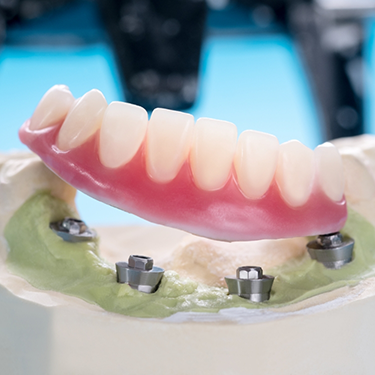
Yes, implant dentures are generally more expensive than traditional ones. However, there’s a good explanation for that. They require oral surgery and the placement of multiple dental implants, making them more reliable for everyday use since they do not shift out of place. Many patients discover this method of tooth replacement is well worth the investment because of several tremendous benefits.
Not only do implants stimulate the jawbone, but they can last decades or even a lifetime with proper care and maintenance with help from your denture dentist in Pantego. That means you won’t have to worry about replacing your dentures nearly as often!
Does Dental Insurance Cover Dentures?
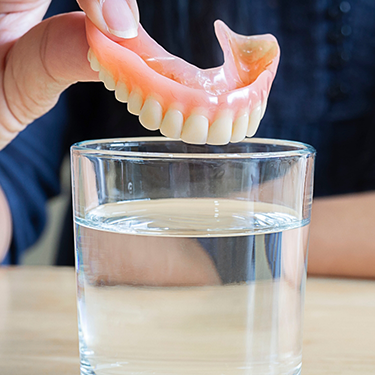
Dentures are considered a major procedure, which is why most dental insurance plans will cover approximately 50 percent of their cost. Certainly, every policy is unique, meaning the amount of coverage provided will vary from patient to patient. If you have any questions about your plan, contact your insurance provider or ask our dental team for assistance. We will gladly review the details of your policy and do everything possible to maximize your benefits and reduce out-of-pocket expenses.
Other Options for Making Dentures Affordable

We understand not everyone has dental insurance, which is why we offer other avenues to make your dental bills much easier to manage. With CareCredit, Cherry, or Sunbit Financing, you can split the total cost of your treatment into smaller, budget-friendly monthly installments. Also, our VIP Savings Plan offers an array of benefits, including 20 percent off all dental procedures.
Ready to pursue the path that leads to a beautiful, complete smile? Contact us today to schedule a consultation so we can answer any questions you might have.
Dentures FAQs
Is It Hard to Talk with Dentures?
When you begin wearing your dentures, it can take some time to grow familiar with them when trying to speak, as you’ve likely grown used to talking with your natural teeth. The amount of time it takes to learn to talk with dentures always varies from patient to patient. However, the more you practice, the quicker you can adjust to them. Try elongating pronunciations, reading aloud to yourself, and having conversations with friends and family to help make the process smoother. Using denture adhesives can also provide the extra stability you need when still adjusting to your restorations.
Will Dentures Change the Shape of My Face?
Dentures can give you the necessary support to keep your facial muscles from deteriorating. This will allow you to maintain a healthy and youthful look. For this reason, it’s important that you see your dentist if you ever have ill-fitting dentures, as they’ll need to be adjusted or replaced to fit perfectly in your mouth.
What Can’t You Eat with Dentures?
Dentures will help you enjoy a varied and nutritious diet again, as you’ll be able to chew foods more easily than before. However, you should try avoiding sticky snacks, like peanut butter or gummy candies. They can move your restorations out of place and risk getting food matter stuck underneath them, irritating your gums in the process. Meals with tough meat, such as pork chops and steak, can be difficult to chew, which can place excessive stress on your mouth and dentures. Other foods have small pieces—including popcorn, shelled nuts, or carrot sticks—that can damage your dentures over time. To keep your restorations in place, try sticking with a softer diet.
Can I Sleep with My Dentures?
We recommend that you take your dentures out before going to bed, even if you wore them for 24 hours at the beginning of your treatment. Not only will it be a great time to soak them overnight to keep them bacteria-free, but it encourages circulation in your gums. Keeping dentures on for too long can cause soft tissue irritation, an increased risk of bacteria growth underneath the restorations, and vulnerability to higher levels of gum and tongue plaque buildup.
I Need a Checkup & Cleaning I Need a Dentist for My Child I Have a Cavity or Broken Tooth I am Missing One or More Teeth I Want to Enhance My Smile I Want a Straighter Smile I Have a Dental Emergency I am Worried About Gum Disease I am Scared of the Dentist I Snore/Have Sleep Apnea View Our Services
